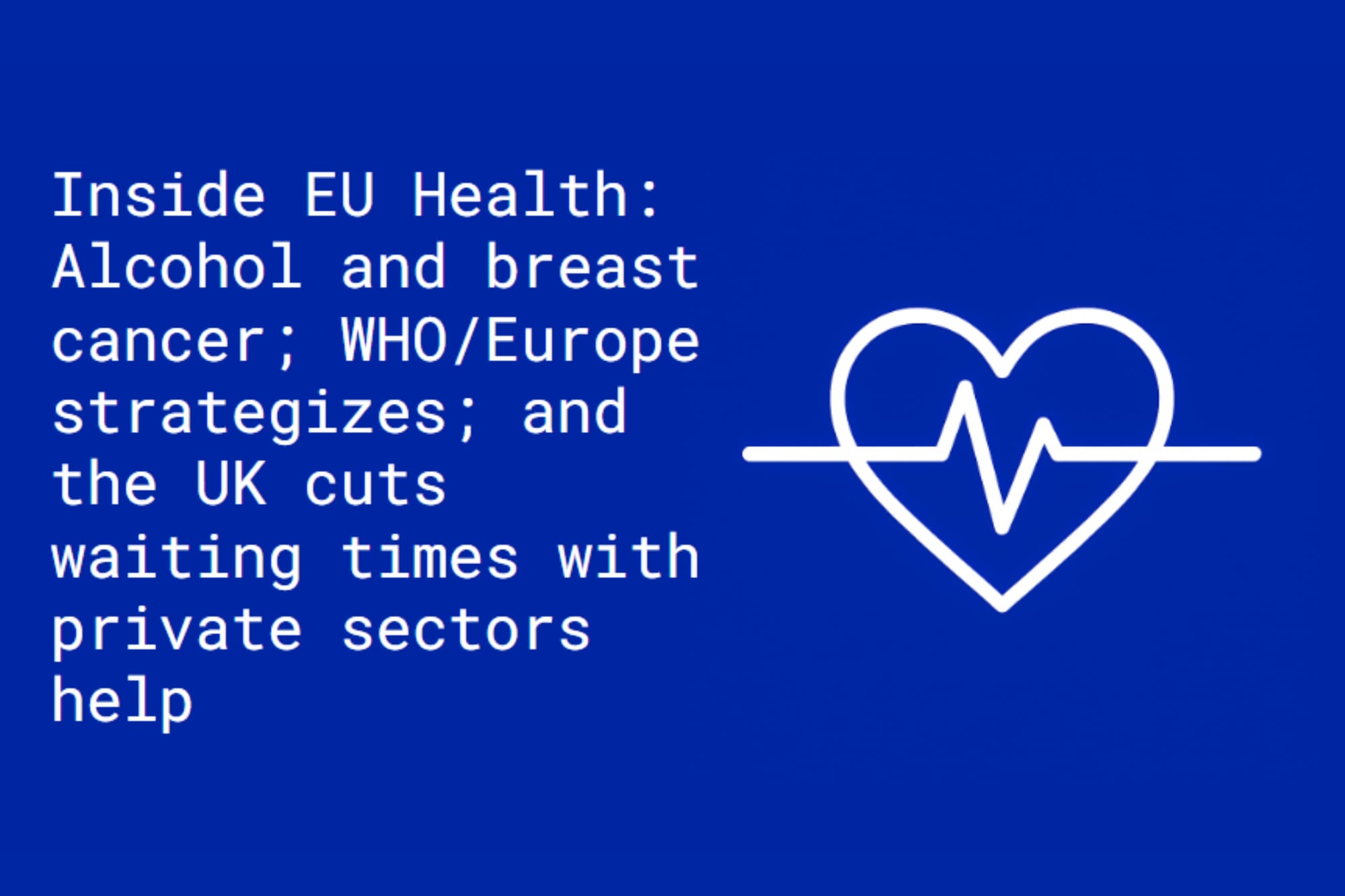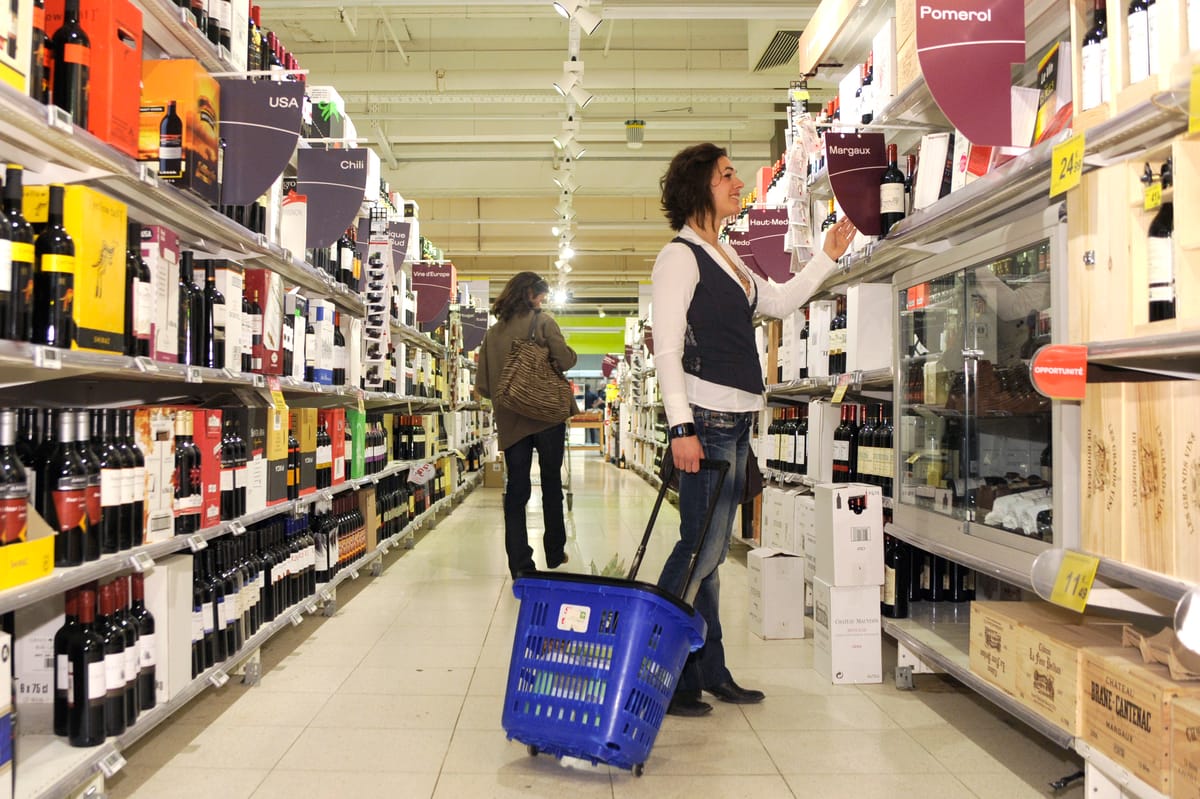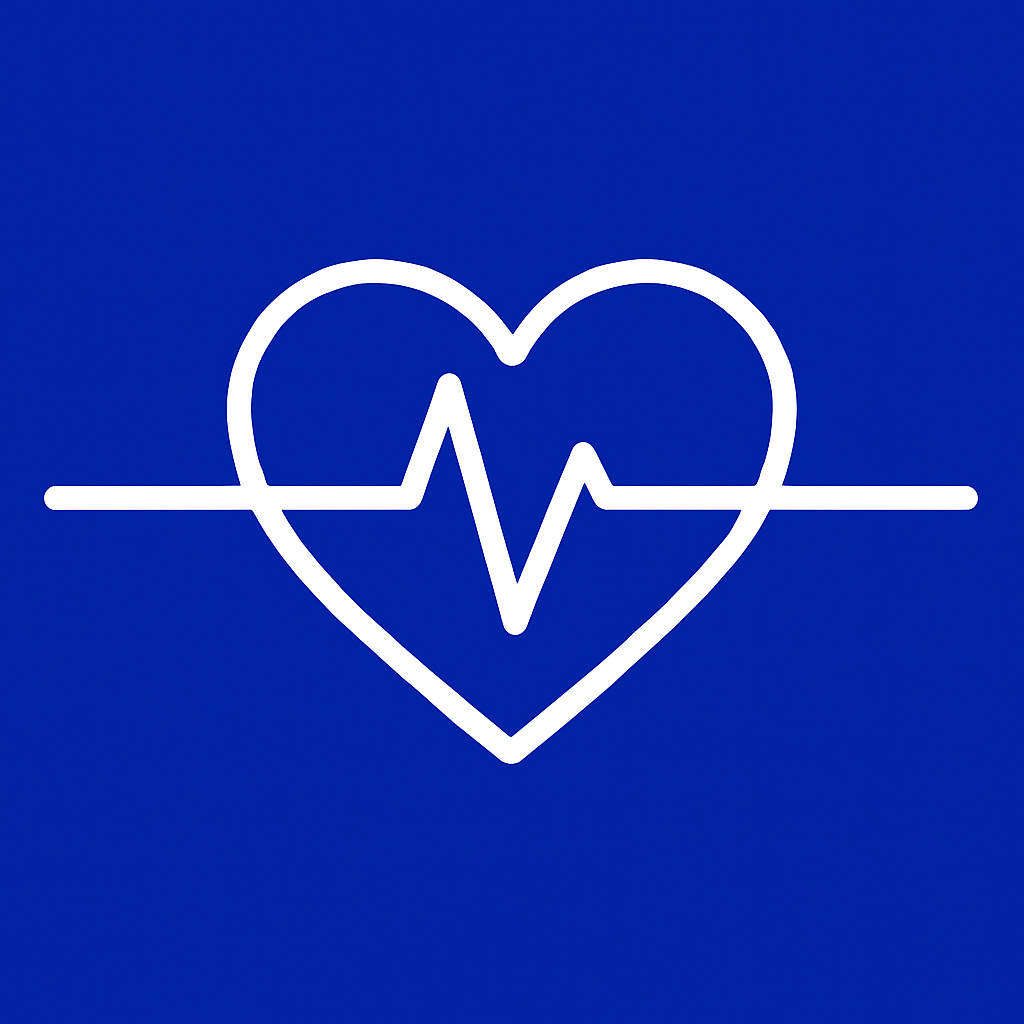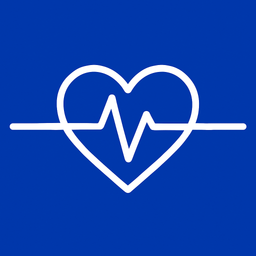Inside EU Health: Alcohol–breast cancer link; WHO/Europe strategy; UK taps private sector to cut waiting times
Alcohol and breast cancer; WHO/Europe strategizes; French reminder on prevention; UK brings in the private sector to cut waiting times; and locally acquired mpox causes concern

Alcohol and breast cancer: The European Health Alliance on Alcohol (EHAA) is urging the EU to act on its Beating Cancer Plan by addressing alcohol’s role in breast cancer. Marking Breast Cancer Awareness Month, the alliance warned that even small amounts of alcohol increase risk and that public awareness across Europe remains low.
EHAA is calling for cancer warnings on alcoholic drinks, stronger public education, and gender-sensitive policies to counter marketing targeting women. The group, representing 21 organisations and 1.7 million health professionals, says the EU must turn commitments into action to save lives.

WHO/Europe: WHO/Europe is meeting this week in Copenhagen to agree its second European work programme for the 2026-2030 period ‘Health forward’. On the final day, delegates will consider two new draft strategies for adoption: A healthy start for a healthy life (2026–2030), focused on child and adolescent health and well-being; and, 'Harnessing innovation for public health (2025–2030)', aimed at advancing digital and technological progress to reinforce health systems.
French reminder on prevention: As winter begins, France’s public health agency is reminding the public to resume simple protective habits — wearing masks, washing hands, and ventilating rooms — to curb the spread of seasonal viruses. The reminder follows a severe 2024–2025 flu season that heavily impacted hospitals and caused many deaths among the old.
The new campaign will include TV, radio, and digital ads, alongside educational content targeting those most at risk: older adults, pregnant women, infants, and people with chronic illnesses.
UK brings in private sector to cut waiting times: Over the last year more than six million NHS appointments, tests and operation were carried out by independent healthcare providers an increase of almost half a million on the previous year. The efforts have contributed to a 206,000 reduction in waiting lists.
“I’ll do everything I can to get NHS patients treated faster,” said the UK’s Health and Social Care Secretary Wes Streeting, who has argued that the involvement of the private sector is progressive and avoids “two-tier healthcare” where those who can afford private care get treated on time, and those who can’t are left behind. The government’s wider reforms include expanding community diagnostic centres, surgical hubs, and weekend theatre lists.
Mpox risk: The European Centre for Disease Prevention and Control (ECDC) has urged increased vigilance following the first detections of locally acquired mpox clade Ib cases within the European Union and European Economic Area. Locally transmitted infections have now been confirmed in Spain (1), the Netherlands (1), Italy (2), and Portugal (1), marking a shift from previously reported travel-associated cases. The affected individuals are primarily men, including some who identify as men who have sex with men, with no recent travel to mpox-endemic regions.
While the ECDC assesses the risk to the general public is low. The ECDC continues to emphasise the need for prompt case identification, isolation, and contact tracing to limit further spread.

